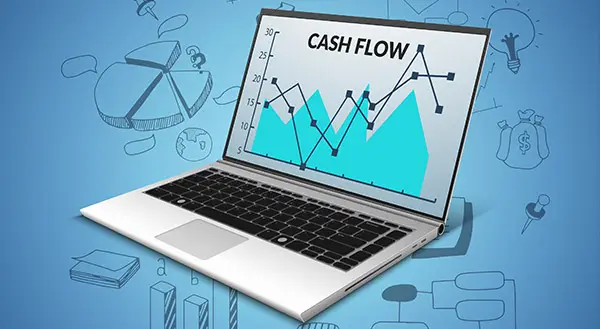Having an e-commerce platform is a big step for a business since online shopping has exploded in popularity. According to Business Insider, 2022 may be the first trillion-dollar year for internet commerce because of the Covid-19 pandemic.
There are a lot of entrepreneurs that still think e-commerce is just for those in retail. Buying and selling products online are usually the first thing that comes to mind when most of us think of e-commerce. It’s a business strategy that fueled the digital revolution and continues to affect a wide range of sectors. E-commerce is much more than just companies selling their goods online.
Promote your services
But what about services? Not just digital services but also services that can and are provided offline. Any service may technically be offered online, so whether you’re a teacher, real estate agent, asset manager, dog walker, house cleaner, or any other profession, you can use internet sales to enhance revenue and take your business to the next level.
You are able to sell services online where your clients can see your work rather than just hear or read about it. You are able to display what materials and tools you use and why on your service e-commerce platform, as well as your workspace and all certificates and achievements.

Global e-commerce
Another point that has revolutionized e-commerce is global expansion. Selling items or services across geopolitical borders from a company’s nation of origin, usually defined as its founding or incorporating location, is global e-commerce. Online sales and marketing are now used to sell products or services to non-native markets.
While it may be tempting for e-commerce professionals to believe that expanding into a country with a similar culture will be easier, the word “international” is crucial. No matter how much a country has in common, it is still distinct. Belgium is not France, and Canada is not the United States. Every international demand requires careful analysis and strategy.
Selling to business
The process of marketing and selling products between two businesses via the internet is known as B2B e-commerce. The goal is simple: increase client reach while lowering cost-to-serve to increase revenue.
As the younger generation gains management and purchasing power, their preferred purchase method will overtake previous methods. B2B customers, on the whole, want their B2C comforts to carry over.
How is your digital strategy? Are you ready to implement your e-commerce platform?


